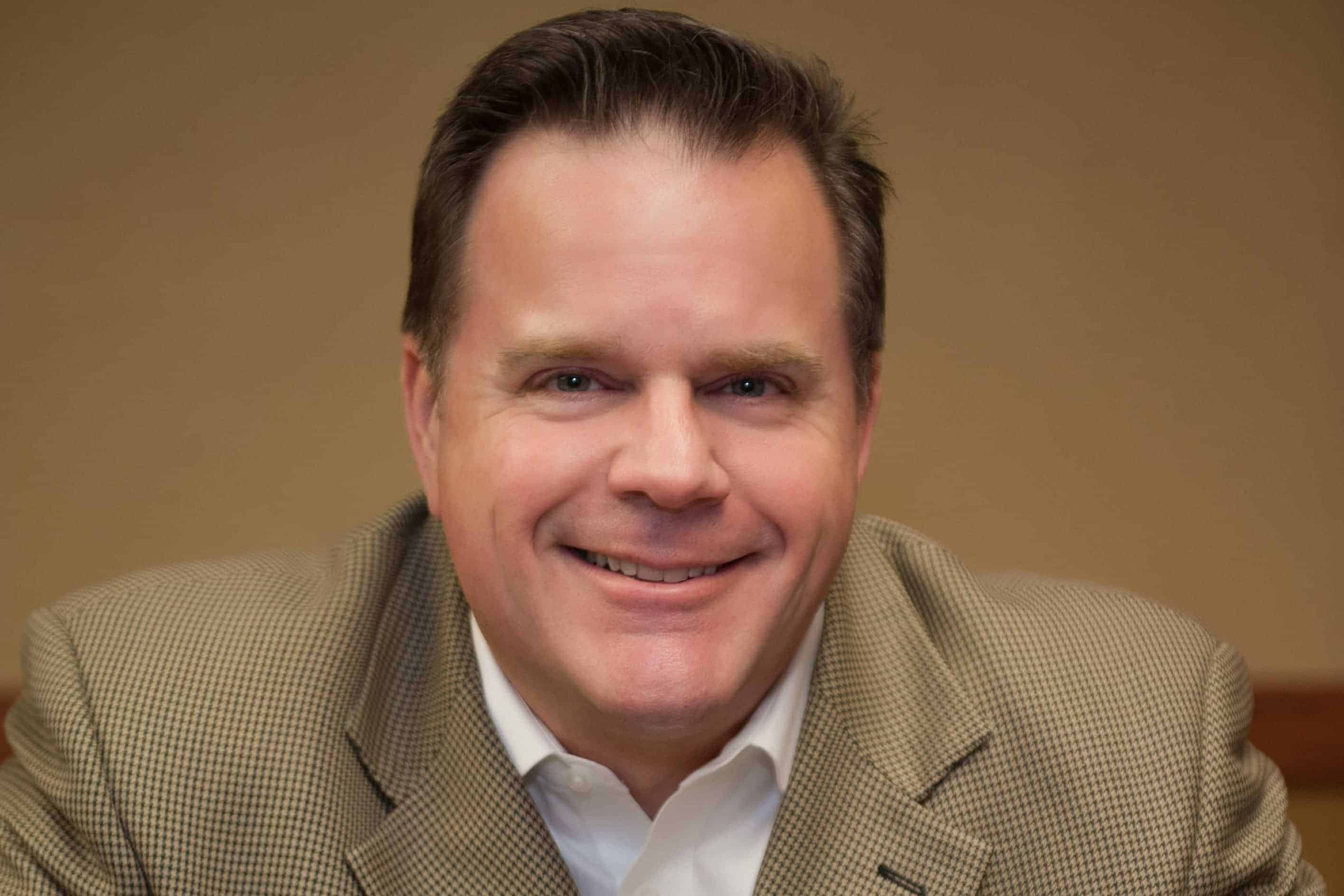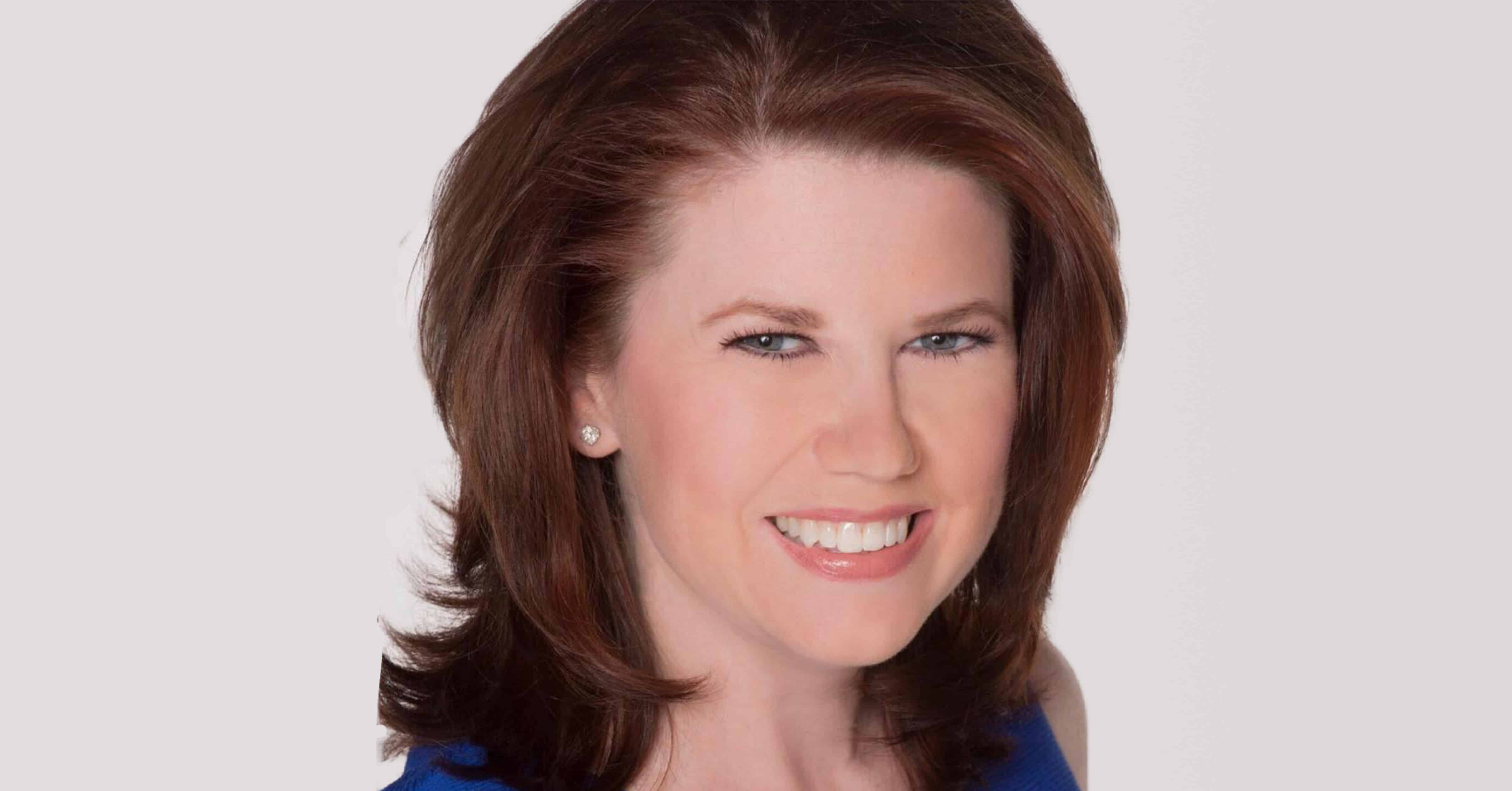Humans are a curious bunch, aren’t we? Our brains work in one mode – survival. The programming of our brain is based on the strategies of fight, flight or freeze. Perhaps you have noticed these strategies at work when you find yourself in a dark alley, alone and facing a group of suspicious characters. Or, more often than not, you find yourself facing these strategies when investing your hard-earned money for the future.
Let’s examine one scenario that I have witnessed far too often when people are planning for their future. Having no particular knowledge of markets, money supply, economics or fiscal policy, and armed with only a social media account full of other lemmings (pardon the characterization) that are in the same situation as you, jumping out of the markets because of a perceived correction coming. Misery truly loves company!
The better approach would be to apply a method of managing your assets in a proven strategy that considers risk and the role it plays in our overall economy. Rebalancing your account to manage the level of risk to that you are glad to accept knowing that return on investment can only occur when risk is accepted. For example, you may have heard we are holding a presidential election in the United States in a few weeks. Many people are hypothesizing the end of the economy due to this quadrennial event. What if you approached this event with a calm mind and an eye for a long-term approach to your investments? Great! You would be one of those investors who believe a short-term market decline does not derail decades of savings.
What I am referring to in the above scenarios is called behavioral finance or, in laymen’s terms, why smart people make dumb investment decisions. I am not calling you names again but wanted to be very honest in how this has been applied by individuals who ultimately regret their short-term poor judgment. One of my favorite quotes describing the secret behind the success of the famed investor, Warren Buffett, “We simply attempt to be fearful when others are greedy and to be greedy only when others are fearful.” Many investors are much smarter in their approach to lifetime income and savings by understanding the function of the markets in our country. If others are fearful and selling their investments, the wise investor may wish to buy during the downturn of the economy knowing that the prices will possibly be lower due to the oversupply of sellers.
If you are not retiring within a few months of the election, or even if you are, think about rebalancing your portfolio to an acceptable level of risk. Understanding that bond markets function inversely to equity markets, the strategically allocated portfolio will possibly suffer less volatility than a portfolio consisting of positions to chase returns. The person who utilizes a long-term approach to investing for her future with a sound strategy of diversified investments will be served better than those attempting to time markets and reap larger returns than that provided by the efficient movement of the economy.
Don’t make mistakes using short-term thinking when dealing with your lifetime income assets. Consider a consultation with a Certified Financial Planner™ professional to obtain a second opinion of the risk and strategic allocation of your assets. You may live with a little less stress about your future. Be confident. Be opportunistic when others are fearful. Look to the future. Live your life by your own design not the same mindset as the lemmings running for the cliff. See you on the golf course!












